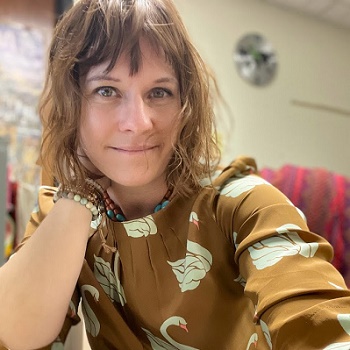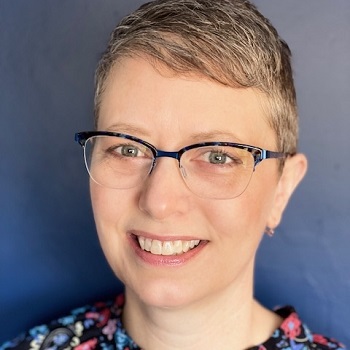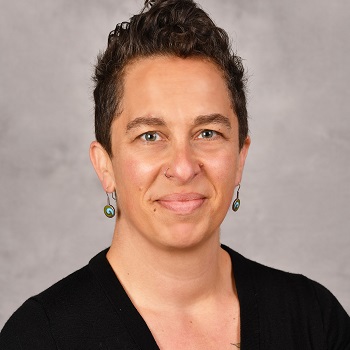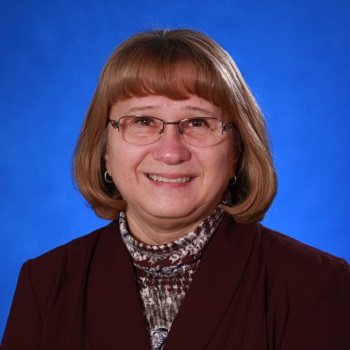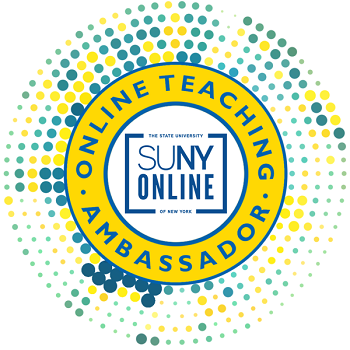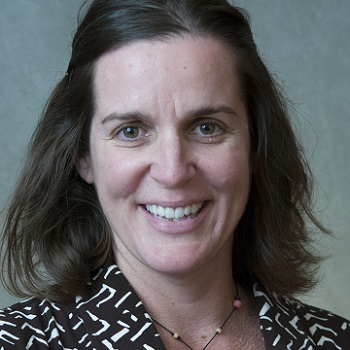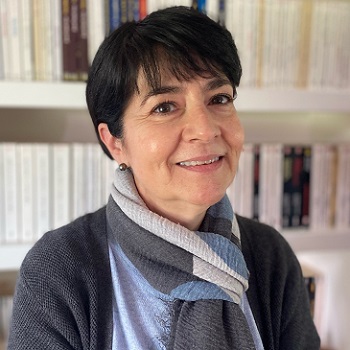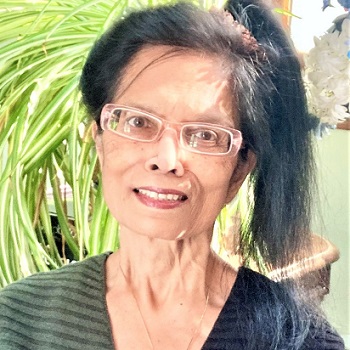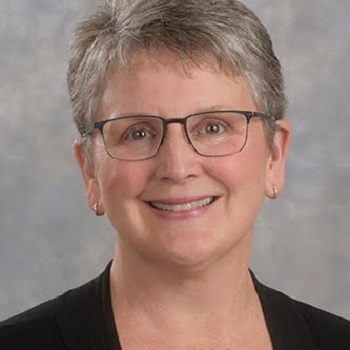SUNY Online Teaching Ambassador 2022: Potsdam – Mei Shen
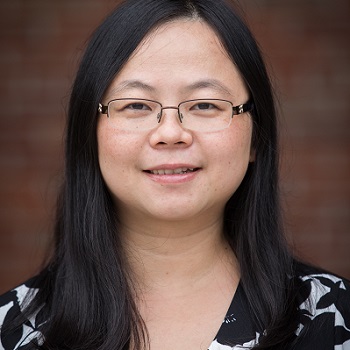
SUNY Potsdam
Mei Shen is an Assistant Professor of Inclusive and Special Education at the State University of New York (SUNY) at Potsdam. She completed her doctoral degree in Special Education at Michigan State University, with a graduate specialization in language and literacy education. Prior to joining SUNY Potsdam, she has worked as a special education teacher for several years. Dr. Shen teaches a variety of special education courses, including literacy assessment and instruction for students with disabilities, positive behavior support, universal design for learning, instructional and assistive technology, etc. Her research focuses on literacy assessment and instruction for struggling learners, particularly those with learning disabilities (LD) and attention-deficit/hyperactivity disorders (ADHD). She is particularly interested in evidence-based instructional practices to help improve reading and/or writing performance for these struggling students. Dr. Shen has been actively involved in research activities, which have led to grant funded projects, publications at peer-reviewed journals, and presentations at international, national, and state level conferences. She also provided workshops and presentations regularly at the professional development conferences held by the local school districts to help the practitioners stay informed of up-to-date research on literacy and special education.
The beauty of online teaching is its flexibility that allows students from across the states to access to the courses and learn the content from basically anywhere. How to effectively engage students in an online learning environment becomes critical yet challenging. When designing and delivering one of my online courses titled “Intro to Special Education”, to better engage and support my students, I made all efforts to: a) ensure that each week’s online learning module follows the same structure, and the consistency across the course modules helped reduce potential confusions for the students; b) include current events when discussing critical issues related to difference and diversity; c) promote collaboration through weekly discussion forums and group projects; d) closely monitor each student’s progress and provide detailed and timely feedback (e.g., using track-changes to help edit/revise to improve students’ writing of projects and professional reports); and e) accommodate every student’s needs and make myself available to them in and out of the class to provide as much support as possible. I found this particularly helpful given that my students attended classes remotely and tended to feel more isolated and needed more support.

